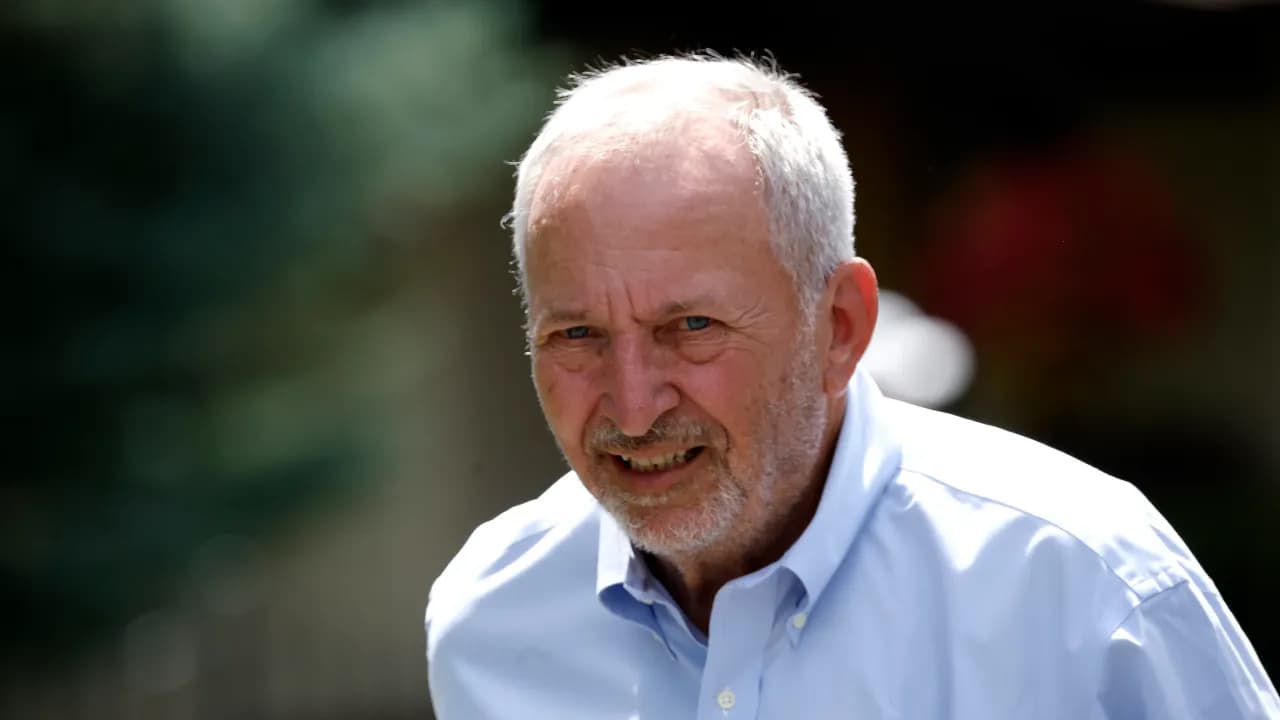Last week, Bessent said in a Bloomberg interview that the Fed should cut interest rates by 1.50-1.75 percentage points from the current level, starting with a 50 bps cut at the September meeting.
Former Treasury Secretary Larry Summers on Sunday took a potshot at President Donald Trump’s administration for being too “prescriptive” on interest rates. His comments came ahead of the Jackson Hole Symposium, where central bank heads, academics, U.S. government representatives, and financial market participants converge to discuss long-term policy issues.
In a post on X, Summers said, “I was surprised to see @SecScottBessent, or any Secretary of the Treasury, be that prescriptive on interest rates,” adding that “Usually that kind of judgment is not made by Administration officials. I’m not sure it’s helpful for the Administration to be publicly prescribing on monetary policy.”
The economist said the monetary policy must be guided by judgments on the neutral rate and inflation expectations.
Summers also said if one assumes elevated deficit spending, elevated data center spending, and reduced trade deficits in the U.S., coupled with higher asset prices – all of which reduce the flow of funds for saving – are raising net demand for funds, then neutral interest rates have risen substantially.
In such a scenario, “You wouldn’t be prescribing a 175 basis point cut in rates unless we see a recession,” he added.
Last week, Bessent said in a Bloomberg interview that the Fed should cut interest rates by 1.50-1.75 percentage points from the current level, starting with a 50 bps cut at the September meeting. Later, in a Fox News interview, he said he was not pushing the Fed but touting models.
The Federal Reserve, led by Chair Jerome Powell, will meet for its next monetary policy meeting on Sept. 16-17. The market is looking for rate cuts, and the futures market, which reflects traders’ expectations concerning rates, has priced in an 84.6% probability of a 25-basis point cut.
The rate cut expectations have sent the stock market higher in recent sessions, although amid volatility.
The Invesco QQQ Trust (QQQ), an exchange-traded fund (ETF) that tracks the Nasdaq 100 Index, and the SPDR S&P 500 ETF (SPY) are up % and %, respectively, for the year.
The SPY ETF was the most active ticker on Stocktwits late Sunday, with the sentiment remaining ‘neutral.’
While sharing his view on monetary policy in a Bloomberg interview on Friday, Summers said this is an odd timing for a major new framework announcement, as a new Fed chairman will soon take over.
“At the moment we have too many dot plots, too many forecasts, too much cacophony, and some of the ideas for more information from the Fed, I think will end up pushing markets around without any great benefit,” the former Treasury Secretary said.
“I think the possibility and the risk of inflation expectations starting to pick up, given big budget deficits, given tariff pressures, given political uncertainties surrounding the Fed, is also a reason why one wouldn’t want to feel that we were committed to a major rate reduction going forward.”
For updates and corrections, email newsroom[at]stocktwits[dot]com.<
